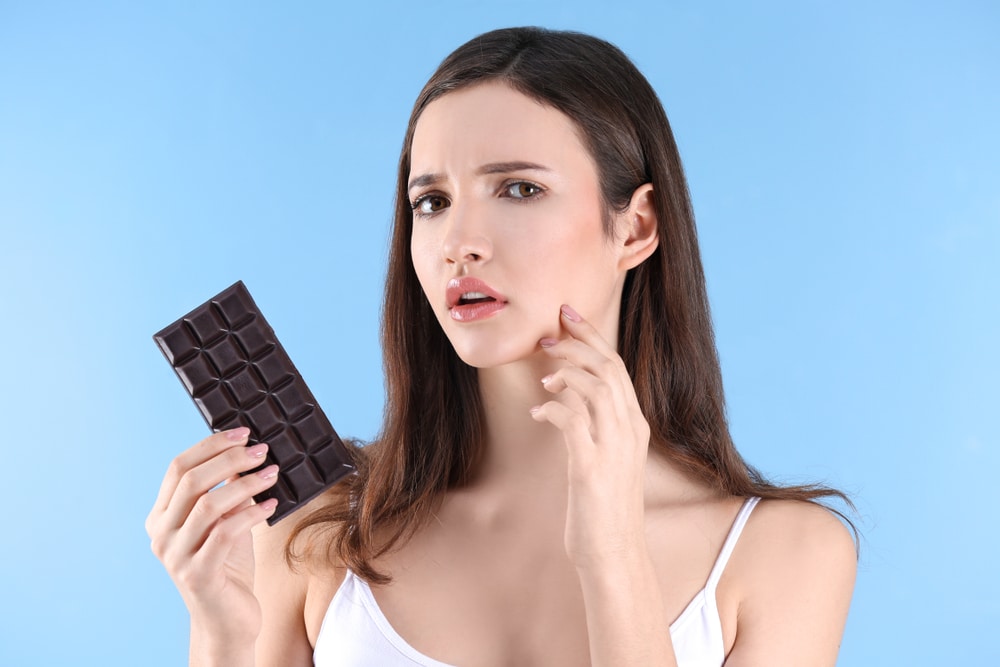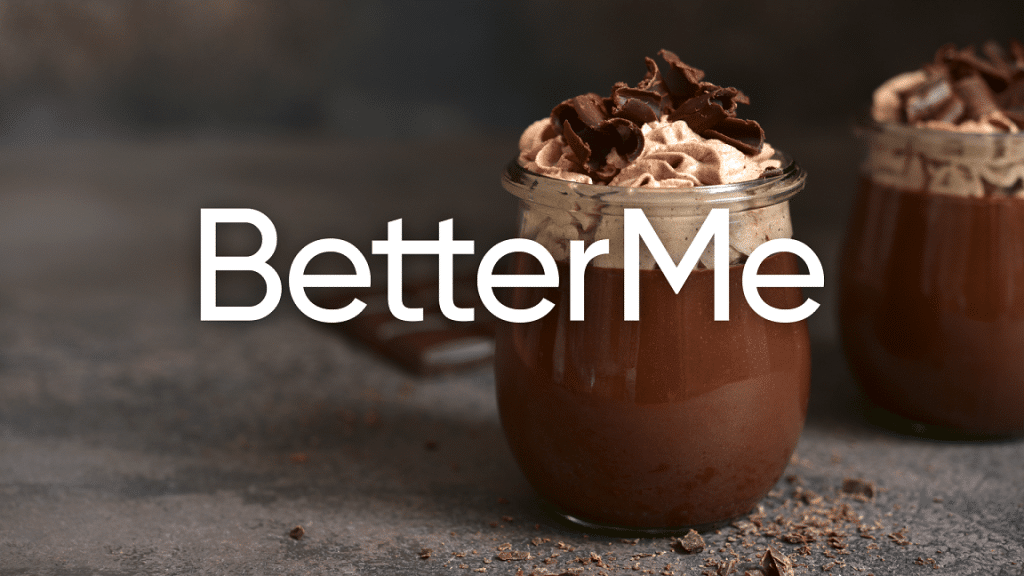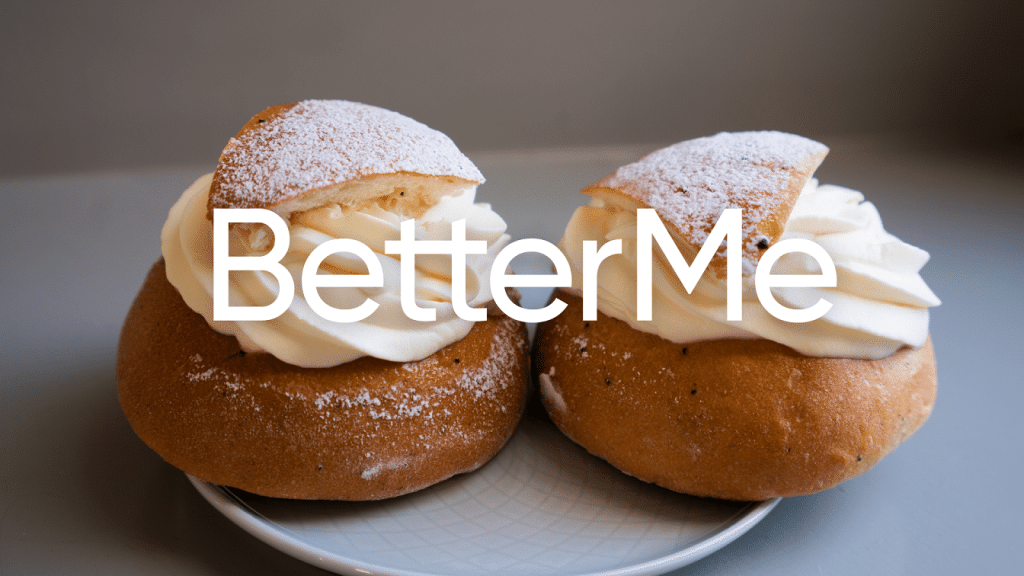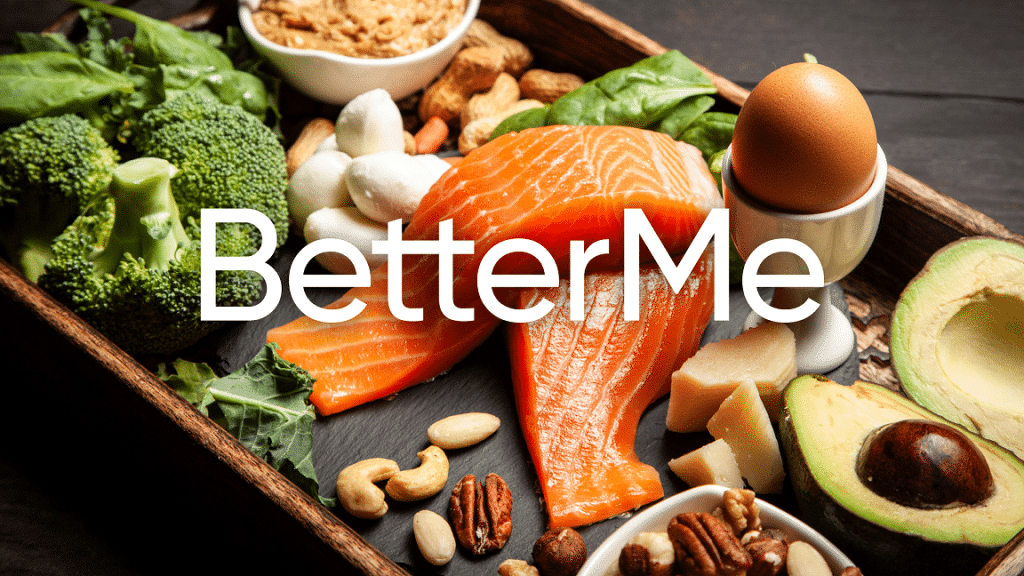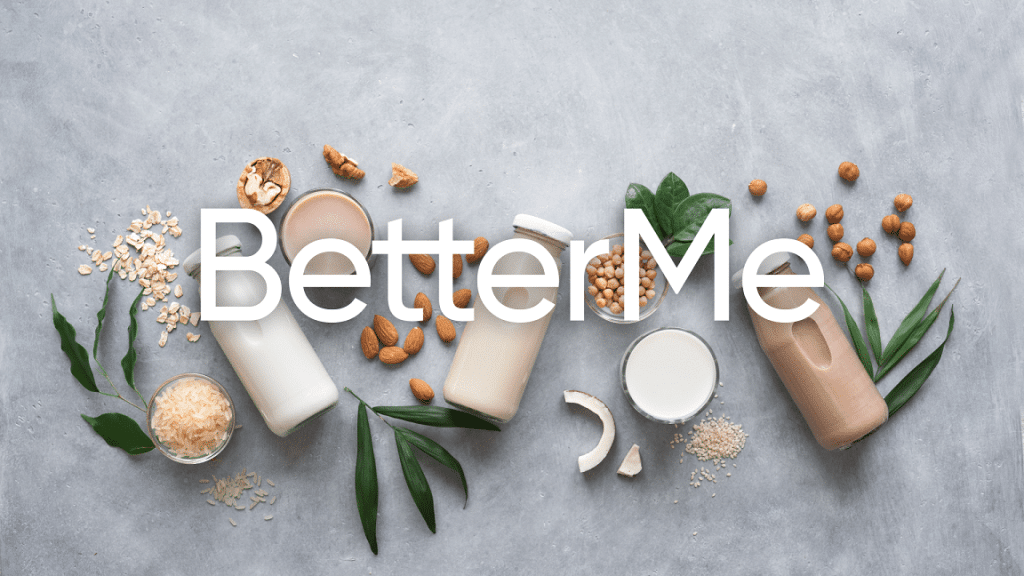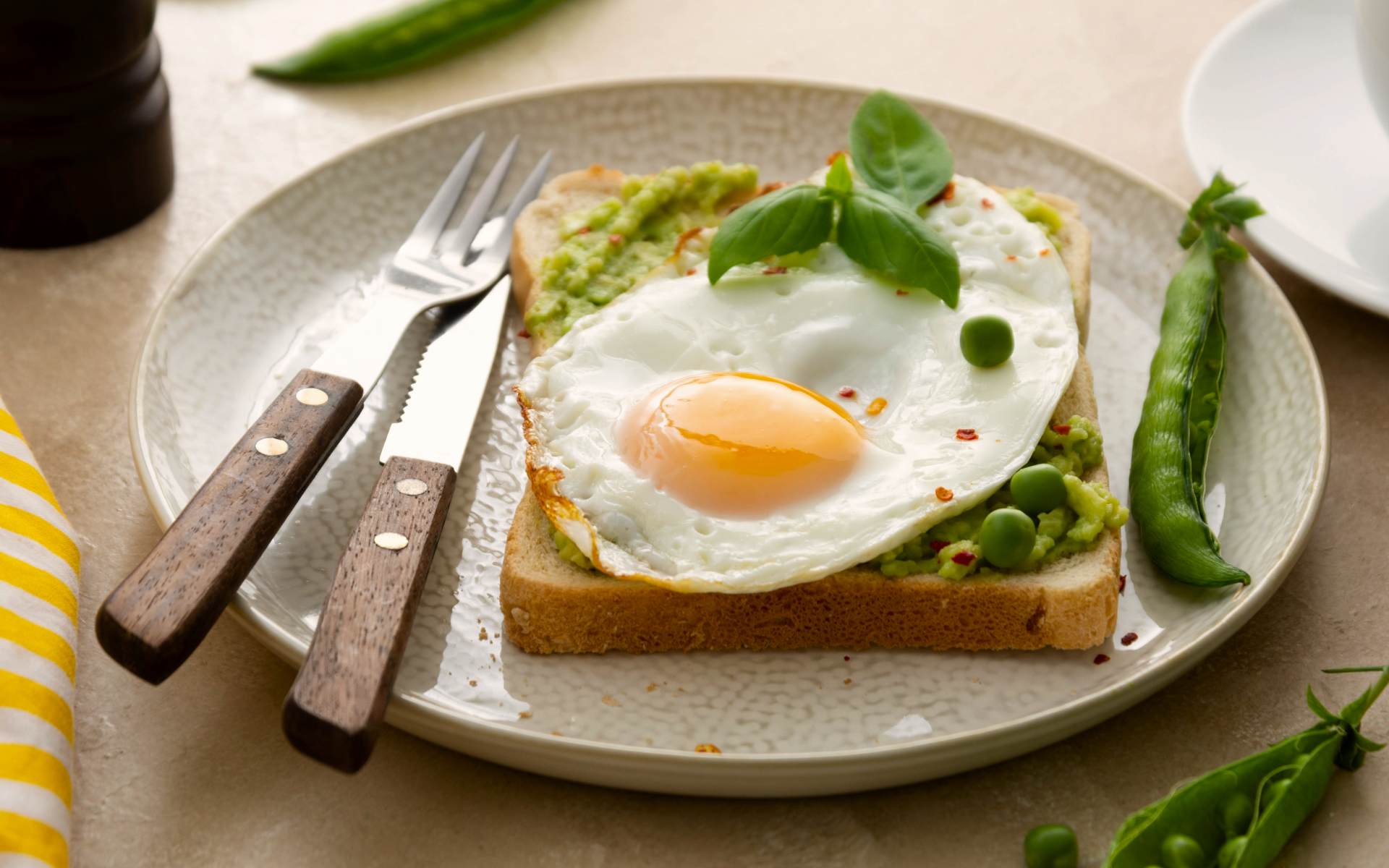No matter how committed one may be to their skincare regimen, they may not notice a difference in their acne. Due to a lack of insight on its causes, it may take months or years trying to clear it up, yet to no avail. This is a common case among individuals who do not realize that their diet may be impacting their skin. So what foods cause acne?
What Is Acne And What Causes It?
Acne is a type of a skin condition that occurs when your oil (sebaceous) glands are clogged with bacteria, dead skin cells, or both (2). The glands may also be blocked by too much sebum, an essential oil that prevents the skin from drying (2).
When these pores are clogged, you may experience inflammation, leading to pimples or different types of lesions (2). Of importance to note is that the symptoms vary from mild to severe and from person to person.
Acne is not caused by only one factor. It is caused by several factors, including hereditary factors, hormones, not removing cosmetic products, dirt, medications, environmental exposures, and diet (5). Some of these factors like medications, diet, and skincare routine can be controlled, but others like hormones and hereditary factors cannot.
Does Your Diet Cause Acne?
Health experts have always advocated for good nutrition. It has been linked to good cardiovascular health, reduced risk of diseases, and overall good health. As a result, many people are making dietary changes.
That said, there are so many factors about diet that have to be considered, depending on goals. For example, you have to determine whether you are looking for a weight loss plan, foods for diabetic individuals, a low glycemic diet, or foods that prevent acne.
Before you determine foods that prevent acne, you must identify those that may be causing or contributing to it.
Read More: Benefits Of Red Cabbage: Surprising Reasons You Should Add This Vegetable To Your Diet
What Foods Cause Acne?
A lot has been said about the relationship between diet and acne. In between these are several misconceptions and running theories have been developed about the foods you should get rid of to avoid acne. Here are the research backed-up foods that food experts have linked to acne:
Dark Chocolate
Dark chocolate has numerous benefits, including providing a rich source of antioxidants, reducing cardiovascular risk, and helping with blood flow and pressure control. But unfortunately, one of its drawbacks is its contribution to acne.
A 2016 study was conducted to determine if dark chocolate exacerbates acne, as is the running theory. So, the researchers gave twenty-five acne-prone male participants 25 g of 99% dark chocolate daily for four weeks (3).
The researchers discovered that the participants had already reported acne by the second week. The acne remained until the end of four weeks, and the researchers concluded that dark chocolate contributes to acne in male subjects with acne-prone skin.
The researchers could not identify the ingredient contributing to acne. It is typically assumed that the sugar in chocolate is the culprit, because sugar and other high glycemic index foods are believed to cause or worsen acne.
Whether you’re looking to simply pep up your fitness routine, jazz up your diet with mouth-watering low-calorie recipes or want to get your act together and significantly drop that number on your scale – BetterMe app has got you covered! Improve your body and revamp your life with us!
Foods With A High Glycemic Index (GI)
A glycemic index is a number that shows how fast your body breaks down carbohydrates in food to glucose and raises your blood sugar levels (4). Experts reveal that a smaller number means your food has little to no impact on your blood sugar levels (4). There is evidence from scientific research suggesting that high GI foods contribute to or exacerbate acne. The following categorizations can help you evaluate a particular food (4):
- 55 and lower- low GI
- 56-69- medium
- 70 or higher- high GI
Some of the foods with high GIs include (4):
- Instant cereals like grits and oatmeal.
- Some fruits and vegetables, such as pumpkins, melons, potatoes, and pineapples.
- Pieces of bread like white bread and bagels.
- Sweetened breakfast cereals, such as puffed rice, bran and corn flakes.
- Short grain white rice.
- Snack foods like popcorn, pretzels, and rice cakes.
- Enriched pasta such as rice-based pasta.
Read More: Seaweed Salad Benefits: 8 Reasons Why You Should Add It To Your Diet
Dairy Products
According to Medical News Today, dairy products also result in acne because they may stimulate a hormone called insulin-like growth factor 1 (IGF-1) (2). Studies show that IGF-1 increases sebum production resulting in clogged pores, which leads to acne symptoms (2).
So, to prevent this breakout, it is better to keep away from dairy products, such as milk, ice cream, cheese, and yogurt (2). If you are still interested in consuming dairy products, talk to your dermatologist and let them establish if there’s a connection between dairy and your acne.
Foods To Help Acne
As we have seen from above, several foods may result in acne or make it worse. So, it would be best if you avoided them or consumed them in moderation if you have acne-prone skin. Luckily, some foods have the opposite effect. Instead of causing acne, they prevent it and help you get clearer skin. Some of these foods include:
Salmon
Salmon is an excellent source of omega-3 fatty acids that significantly help improve your skin. For example, they lower inflammation in your body which may help keep acne at bay (1). Similarly, they lower IGF-1 and improve balanced hydration that subdues acne and breakouts (1).
Broccoli
This and other cruciferous vegetables contain sulforaphane, antioxidant and anti-inflammatory properties that may help prevent premature skin aging and inflammation that causes acne (6).
If you struggle to even flirt with the idea of giving up your favorite foods or working out till your legs give way – BetterMe app is here to breathe a fresh perspective into the way you view the weight loss process! Check out the app and experience the fun side of fitness and dieting with BetterMe!
Oysters
They have a high zinc concentration that kills bacteria which cause certain kinds of acne (1). Zinc also prevents your body from producing chemicals that cause inflammation, another risk factor for acne (1). Even so, remember to consume no more than 40 mg of zinc daily for adults as anything beyond this limit is harmful (1).
Red Grapes
These grapes contain resveratrol, a compound that studies have shown is toxic to acne bacteria and inhibits acne for the long haul (6). It may also keep your skin highly moisturized, protect it against UV damage, premature aging, and damages like liver spots and wrinkles (6).
Soy
Soy products like soybeans contain isoflavone that may decrease acne lesions and pimples (6). Some studies also show that consuming soy products might reduce wrinkles and increase collagen production, promoting skin integrity (6).
Nuts
Nuts are filled with essential nutrients for the skin, such as vitamin E and selenium (1). These nutrients prevent your skin from cell damage and infections (1). However, consuming them in moderation would help because they are calorie dense.
Acne ABC’s
Understanding the food and acne relationship is vital for acne treatment. However, it would help to comprehend other essential factors about acne. Some of them include (1):
- Acne is manageable at home by properly washing your face using less aggressive products on your skin.
- You should not pick, scratch, or touch the pimples.
- Acne can affect your self-esteem and confidence and lead to stress or depression (6).
- Early treatment can prevent scarring and the worsening of acne.
- You should seek treatment if you do not see any difference after the home treatments.
The Bottom Line
Acne is caused by several factors, such as hormones, genetic factors, occupation, dirt, and diet. So what foods cause acne? They are dairy products, foods with a high glycemic index, and chocolate.
You can treat acne at home by regularly washing your face using less aggressive products on your skin. Similarly, you can consider consuming foods that help your skin, including soy products, salmon, oysters, broccoli, nuts and red grapes. Consult with a dermatologist if you do not spot a difference despite enacting these measures.
DISCLAIMER:
This article is intended for general informational purposes only and does not serve to address individual circumstances. It is not a substitute for professional advice or help and should not be relied on for making any kind of decision-making. Any action taken as a direct or indirect result of the information in this article is entirely at your own risk and is your sole responsibility.
BetterMe, its content staff, and its medical advisors accept no responsibility for inaccuracies, errors, misstatements, inconsistencies, or omissions and specifically disclaim any liability, loss or risk, personal, professional or otherwise, which may be incurred as a consequence, directly or indirectly, of the use and/or application of any content.
You should always seek the advice of your physician or other qualified health provider with any questions you may have regarding a medical condition or your specific situation. Never disregard professional medical advice or delay seeking it because of BetterMe content. If you suspect or think you may have a medical emergency, call your doctor.
SOURCES:
- Best and Worst Foods for Acne (2021, webmd.com)
- Can dietary changes help acne? (2018, medicalnewstoday.com)
- Dark chocolate exacerbates acne (2016, pubmed.ncbi.nlm.nih.gov)
- How to Use the Glycemic Index (2021, webmd.com)
- What Are Acne Causes and Treatments? (2021, webmd.com)
- What to eat and avoid for clear skin (2021, medicalnewstoday.com)
